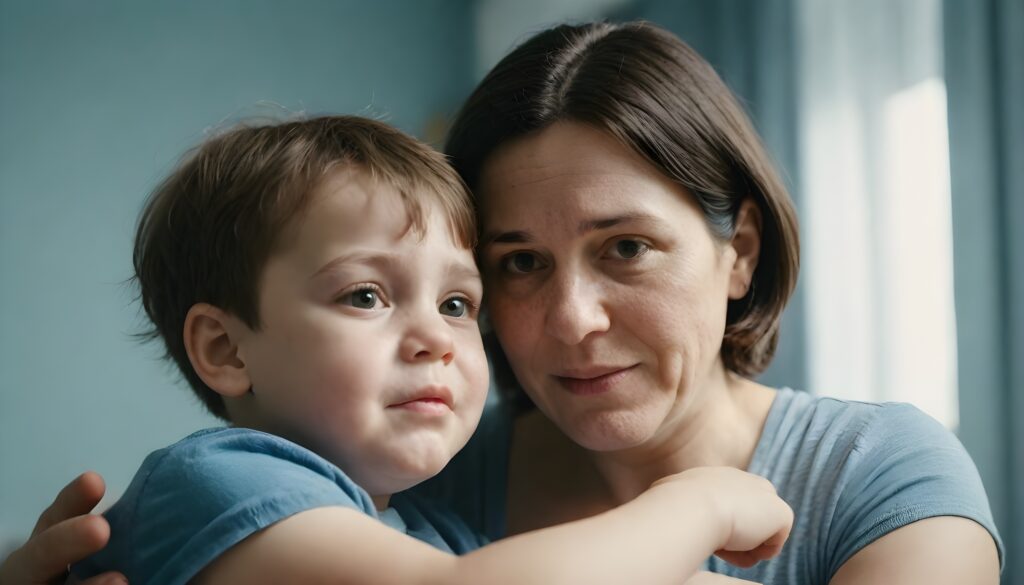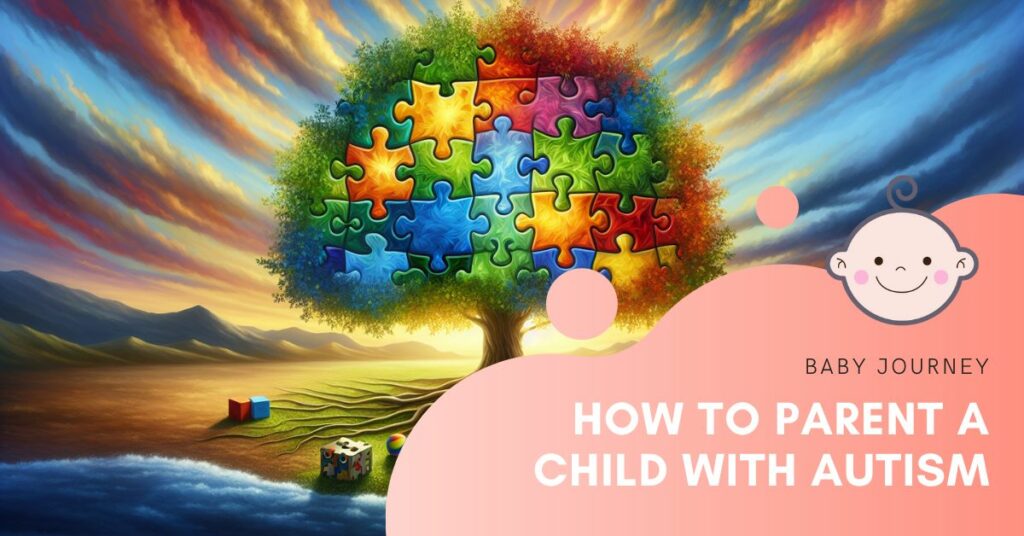As a parent, you want the very best for your child. But when your little one is diagnosed with autism spectrum disorder (ASD), it can feel overwhelming trying to navigate this new reality.
You may worry about their future and wonder how you can help them thrive. How to parent a child with autism?
The good news is that with the right support and interventions, like working with El Paso ABA therapists, children with autism can make incredible progress and lead fulfilling lives.
One key piece of the puzzle is finding experienced professionals who specialize in evidence-based treatments such as behavior therapy.
Recognizing autism in early childhood

One of the most important things you can do for your child is to recognize potential signs of autism early on. While every child develops at their own pace, there are certain milestones that can serve as red flags.
For example, by 12 months old, most babies will respond to their name, point to objects they want, and engage in back-and-forth babbling. If your child isn’t meeting these social interaction markers, it’s worth discussing with your pediatrician.
They can administer screening tools and refer you to specialists for a formal evaluation if needed. Remember, getting a diagnosis is the first step toward accessing helpful resources and therapies when it comes to how to parent a child with autism.
It’s important to remember that autism exists on a spectrum, so each child will present differently. Some may have severe language delays and avoid eye contact, while others may be highly verbal but struggle with social nuances and making friends.
Paying attention to your child’s unique strengths and challenges can help you understand how autism manifests for them and what kinds of support they’ll need moving forward.
The benefits of behavior therapy for autistic children
If your child is diagnosed with ASD, behavior therapy is often recommended as a primary treatment approach. This type of therapy focuses on increasing positive behaviors and decreasing challenging ones through reinforcement, prompting, and skill-building.
Over time, it can lead to meaningful improvements in communication, social connections, and everyday living skills. For instance, a behavior therapist might work with your child on making eye contact, taking turns in conversation, or tolerating changes in routine. As your child masters these abilities and generalizes them across settings, their confidence and independence will soar.
When searching for a behavior therapist, look for someone who is certified in Applied Behavior Analysis (ABA). This gold-standard approach has been extensively researched and proven effective for children with autism.
A skilled ABA therapist will conduct a thorough assessment of your child’s abilities and create a personalized treatment plan targeting their specific needs. They’ll also collect data to track progress over time and adjust goals as your child masters new skills.
How to parent a child with autism? Expert advice for parenting kids on the spectrum
In addition to professional interventions, there’s a lot you can do at home to support your child’s development. One key strategy on how to parent a child with autism is creating structure and predictable routines.
Many children with autism thrive when they know what to expect from day to day. Visual schedules, timers, and clear expectations can all be helpful tools. It’s also important to tune into your child’s unique sensory needs.
Some kids may be overwhelmed by bright lights or loud noises, while others crave deep pressure or linear movement. By understanding what regulates versus dysregulates your child, you can better advocate for accommodations and tailor their environment.
Meeting the needs of the whole family

Parenting a child with autism impacts the entire family unit. Siblings may feel confused, left out, or even resentful of the extra attention their brother or sister requires. Prioritizing one-on-one time with each of your children and openly discussing autism in age-appropriate ways can help everyone feel valued and informed.
It’s also crucial for caregivers to practice self-care. Raising a child with special needs can be emotionally and physically taxing. Making time for hobbies, date nights, therapy, or respite care can help you recharge so that you can be the best parent possible.
Playtime picks that promote progress
Finally, don’t underestimate the power of play! The right toys and games can boost your child’s development while strengthening your bond.
Building sets are great for honing fine motor skills and problem solving. Board games can teach social niceties like turn-taking and being a gracious winner or loser. And sensory-friendly items like weighted blankets, exercise balls, or fidget toys can provide calming input. Look for toys that match your child’s abilities and interests to keep them engaged.
Looking ahead as your child grows
As your child with autism enters new phases of life, you’ll continually need to reassess their needs and advocate on their behalf. When they start school, you may need to work with teachers and staff to create an Individualized Education Program (IEP) outlining necessary accommodations and supports.
As they enter the teen years, you may need to navigate puberty, dating, and increased independence. And as adulthood approaches, it’s important to plan ahead for things like higher education, employment, housing, and long-term care.
While the future may feel uncertain now, know that with love, support, and a strong network of professionals, your child can grow into their full potential and live a joyful, meaningful life.



